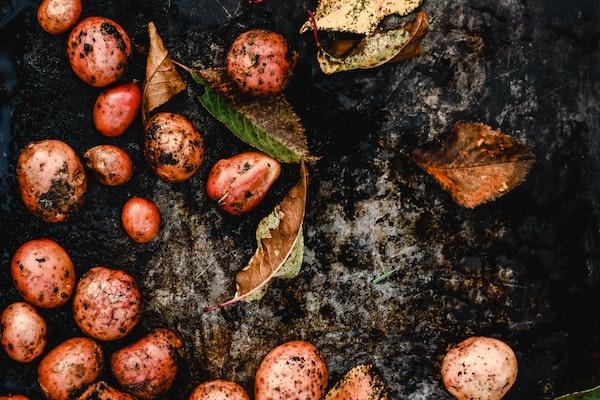A Win-Win: Generating Profit from Food Waste While Reducing the Carbon Footprint

Valuating the conversion of food processing waste into potential end products to determine its best use!
Researchers have determined the value of food processing waste products that are typically thrown away. Scientists first analyzed the contents of the waste and, based on the results, proposed uses for the waste, including sustainable fuels, biogas, electricity, chemicals, and organic fertilizers. The study found that the energy density of waste and its carbon-to-nitrogen ratio were significant factors in determining its potential for repurposing. Vegetable waste, for example, wasn't ideal for energy production but contained organic sources of flavonoids, antioxidants, and pigments that could be used in health-promoting compounds. The researchers hope that the findings will encourage food producers to explore ways to turn their waste into something valuable and lower the financial and environmental impact of food waste management.
Dr. Katrina Cornish, Professor and Ohio Research Scholar of Bio-Emergent Materials, Department of Horticulture and Crop Science and Department of Food, Agricultural and Biological Engineering at The Ohio State University's College of Food, Agricultural, and Environmental Sciences, is the senior author of the study, while the first author is Beenish Saba, a LEGACY postdoctoral researcher in food, agricultural and biological engineering at Ohio State. The two have researched the large-scale use of food processing waste products such as potato peels. The research is based on valorization, where the potential value of an otherwise useless material is determined.
Based on analysis of fibrous and mineral-rich wastes, Dr. Cornish's lab has been practicing a method they developed several years ago: eggshells and tomato peels sourced from Ohio food producers are converted into rubber product fillers, partially replacing petroleum-based carbon black in tires.
The researchers hope this study will encourage food producers to realize the potential of using their waste products for profit, which will also help minimize their carbon footprint.
The U.S. Department of Agriculture's National Institute of Food and Agriculture supported the study.
Read more about this research online at Ohio State News.
The study was recently published online in the Science of the Total Environment journal.
